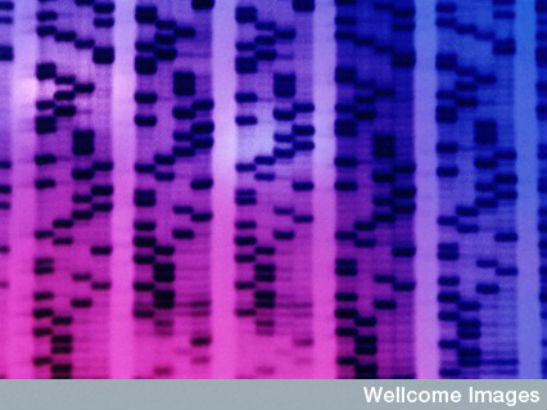In research published in Human Molecular Genetics, scientists at The Institute of Cancer Research, London, show that mutations in three genes can alter the function of an important growth-controlling enzyme known as PP2A, to cause increased growth and intellectual disability in children.
To identify new genes causing overgrowth, the Wellcome Trust-funded Childhood Overgrowth Study is focussing on detecting a type of gene mutation termed ‘de novo mutation’. De novo mutations are a very rare type of mutation that is present only in the child, not in either parent, usually because it occurred in the egg or sperm, or later in the fertilised egg itself. De novo mutations that occur in critical genes can lead to medical conditions in children and are a major cause of rare genetic disorders.
By comparing the genes of 111 affected children with their healthy parents, the team identified de novo mutations in three related genes, PPP2R5B, PPP2R5C and PPP2R5D. These three genes code for different components of the PP2A enzyme.
P2A plays an important role in controlling cell growth. The identified mutations appear to disrupt PP2A’s ability to limit growth leading to over-activity of an essential cell growth pathway, known as the MTOR pathway. In turn this leads to increased height and head size and learning disabilities.
Study leader Professor Nazneen Rahman, Head of the Division of Genetics and Epidemiology at the ICR and The Royal Marsden NHS Foundation Trust, said: “Through the international Childhood Overgrowth Study we are gradually identifying the genetic causes of childhood growth disorders and providing new insights into how growth is controlled.”
Study co-leader Dr Katrina Tatton-Brown, Clinical Researcher at the ICR and Consultant Geneticist at St George’s, University of London, said: “This finding is important for the families because it provides an explanation for their child’s condition. Also, because we know the mutations have not been inherited the chance of another child in the family having the same condition is extremely low.”
